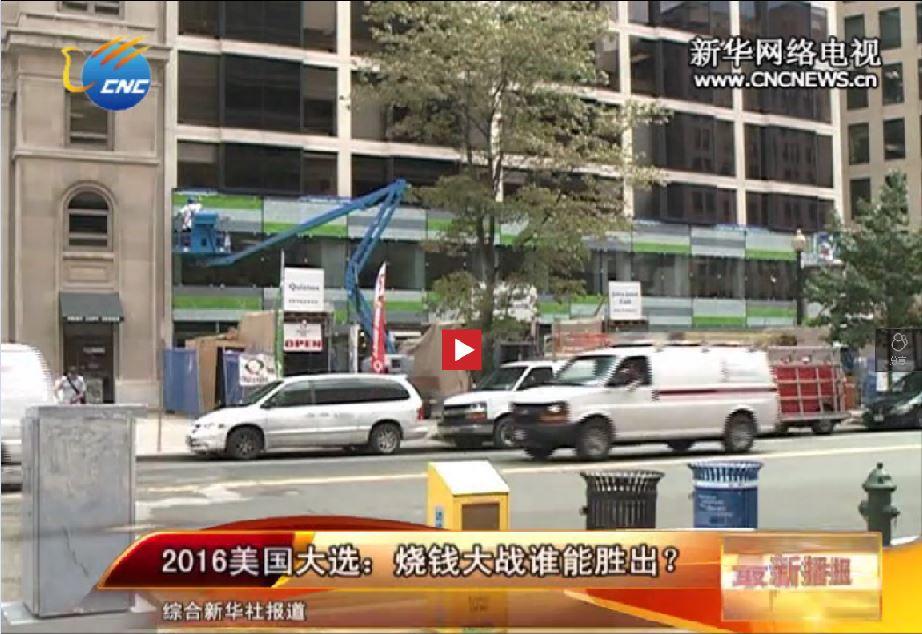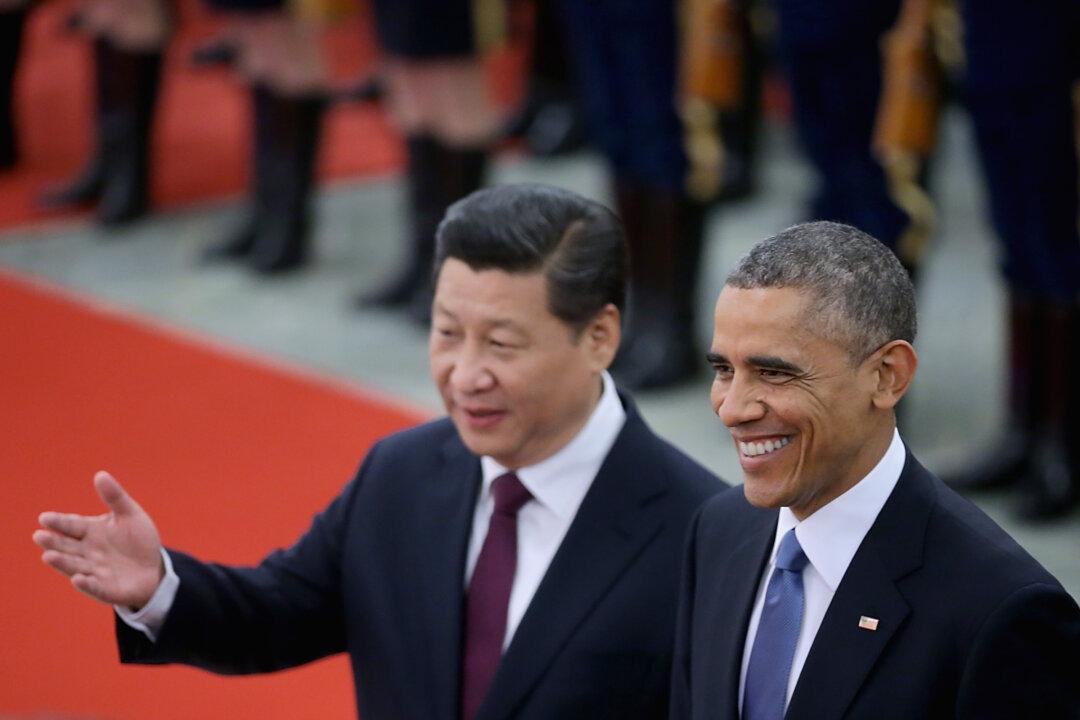The U.S. election primary races taking place now aren’t just a matter of intense interest for Americans: China’s propaganda and media apparatus also appears excited about the prospect of again cynically demonstrating the flaws in American democracy, lest too many Chinese citizens get the wrong idea about China’s own one-Party dictatorship.
According to Bowen Press, an affiliate of the overseas Chinese website Boxun, China’s Propaganda Department recently issued a directive telling state-media to play down election news, forbidding any reports that would promote “U.S.-style democracy.”
Bowen’s report could not be independently verified. A version of it was cited by Radio Free Asia and Apple Daily, and RFA cited its own source—a journalist at a state-run media outlet—saying that while he had not seen such a notice, it did not seem out of the ordinary.
Chinese media should focus on scandals, instead, the notice instructed: issues like how much money is involved in the election, and the personal wealth of the candidates.






